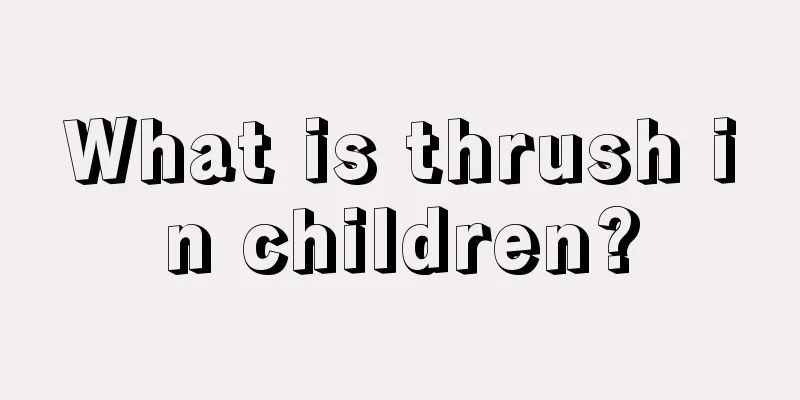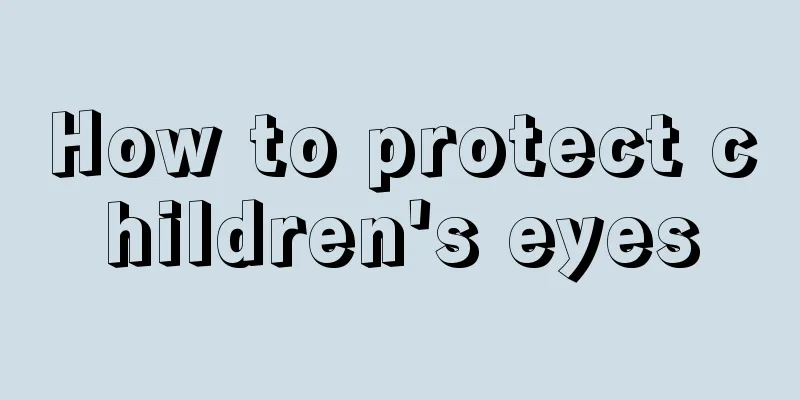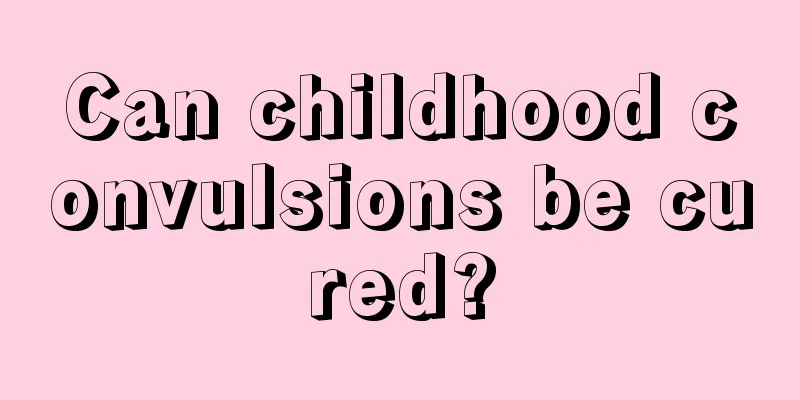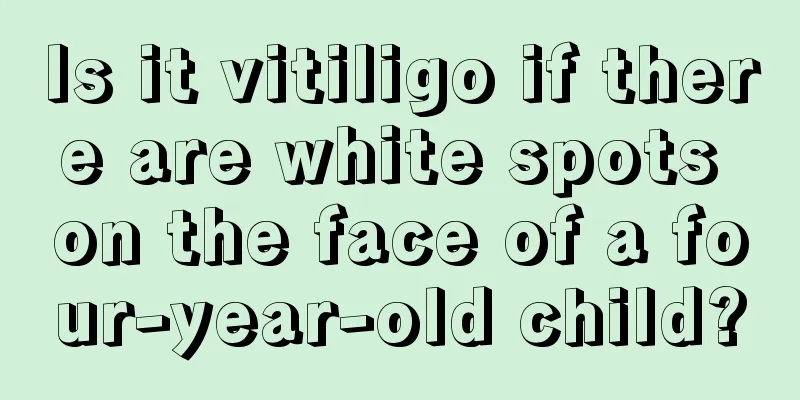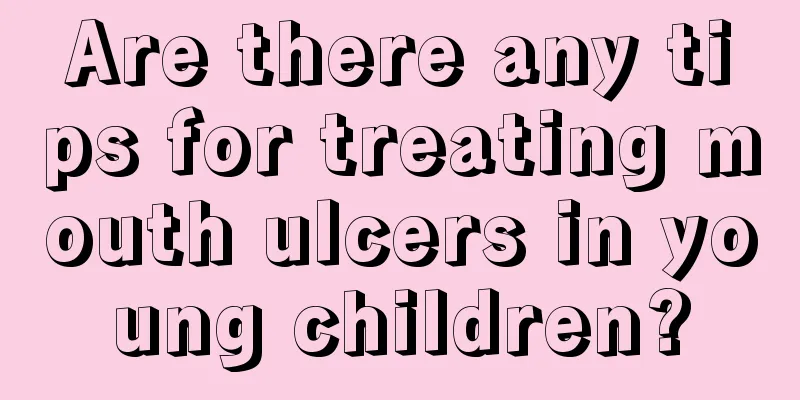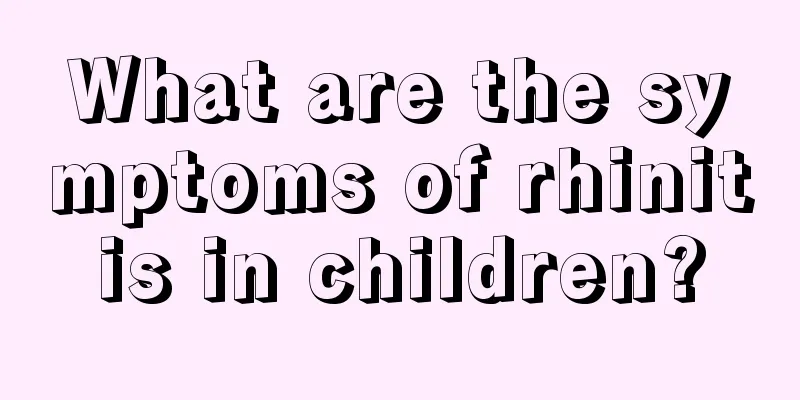What to do if your child doesn't like brushing his teeth
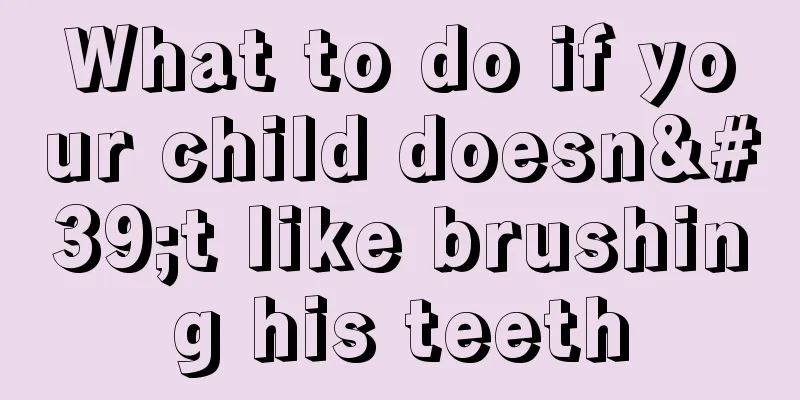
|
Most children have a common problem, that is, they don’t like brushing their teeth, because in their eyes brushing teeth is a useless thing, and brushing teeth also wastes a lot of their play time. At this time, the task for parents is more arduous. They must teach their children in time and develop good habits of brushing their teeth to protect their children's dental health. So what is the solution for children who don’t like brushing their teeth? Cultivate your baby's toothbrushing habit as early as possible. From the moment the baby's first deciduous tooth erupts, parents should wrap their index finger with clean gauze and dip it in clean water to clean the baby's mouth, washing away the gums, milk lumps in the mouth, and other food attachments. Keep scrubbing every day until the baby is about 2 and a half years old. Let your baby learn to rinse his mouth first. Before your baby learns to use a toothbrush, you can let him learn to rinse his mouth first. Rinsing the mouth can rinse out some food residues in the mouth and is one of the simple and easy ways to keep the mouth clean. You can show it to your baby first and let him or her master it gradually. It is suitable for babies to rinse their mouths with clean water or light salt water. Starting from the age of 2 and a half, parents should use a special toothbrush for their baby and teach him the correct way to brush his teeth. Do it twice a day, morning and evening, with patient guidance, and after the age of 3, your baby will be able to brush his teeth independently. Tell a story. Parents can make up some short stories about protecting teeth to increase the baby's interest in brushing teeth and let the baby gradually develop the habit of brushing teeth actively. Parent role model. In order to enhance the baby's interest, hold a teeth-brushing competition every morning and before going to bed at night to see who brushes the most actively, seriously and thoroughly. There can be rewards or praise. "role play". Parents can dress up as caries patients and perform vividly to make it easier for babies to accept the importance of caring for their teeth. After the age of 2, the baby will have 20 deciduous teeth and can be trained to brush his teeth. Your baby may make a mess when brushing his teeth, but being able to do it himself will still make him interested in brushing his teeth. The total length of a baby's toothbrush should be 12-13 cm, the length of the toothbrush head should be 1.6-1.8 cm, the width should not exceed 0.8 cm, and the height should be less than 0.9 cm. The toothbrush handle should be straight and of moderate thickness so that the baby can hold it fully. The bristles of a toothbrush should be of moderate hardness and elasticity, with a flat or wavy surface and a rounded tip. A toothbrush with hard bristles will hurt your baby's gums. Generally speaking, you should replace a toothbrush every three months. If the bristles are deformed or dirt accumulates on the toothbrush head, you should replace it in time. When the baby learns to rinse his mouth, you can use toothpaste for him. Before that, do not use toothpaste for the baby. Just use warm water with light salt. Babies are suitable for using fragrant, less irritating toothpaste. The toothpaste should not produce too much foam, the abrasive in the toothpaste should be of moderate coarseness, and fluoride and medicated toothpaste should be used reasonably. In addition, it should be noted that you should frequently change different toothpastes for your baby, and never use expired or ineffective toothpaste. Only use a pea-sized amount of toothpaste, and don't fill the toothbrush, as this will easily cause the toothpaste to remain, which is not good for your baby's teeth. Guide your baby to brush his teeth vertically. When brushing your teeth, you should pay attention to all tooth surfaces, not just the outside. Place the bristles of the teeth between the gums and the crowns, and brush gently against the teeth toward the crown tip. Brush the upper gums from top to bottom, and brush the lower gums from bottom to top, repeat 6-10 times. Brush your teeth thoroughly inside and out, top and bottom, and brush your teeth for at least 3 minutes. After brushing, rinse your mouth with clean water several times and spit out all the toothpaste foam. Generally, babies will not swallow the toothpaste foam when brushing their teeth, so it doesn’t matter even if they eat a little. Tell your baby the correct way to brush his teeth and rinse his mouth next time, and just rinse it a few more times. During pregnancy and infancy, babies should pay attention to supplementing more nutrients, such as protein, calcium, phosphorus, vitamin D and vitamin C. Add complementary foods to your baby in time to help the development of deciduous teeth, such as biscuits, toasted steamed bread slices, etc., to exercise the chewing ability of deciduous teeth. Strengthen exercise, get more sun exposure, and get more exposure to air and water in nature to strengthen your physical fitness and prevent disease. The brush head of the baby's toothbrush should be suitable for the size of the baby's mouth. It is better to use a soft-bristled, elastic, ground toothbrush to massage the gums. Do not use a large-headed, hard-bristled toothbrush. Correct your baby's bad hygiene habits, such as sucking his fingers. |
<<: How many months does it take for babies to start brushing their teeth?
>>: How to avoid scars on children's faces
Recommend
What to do if your baby has a stuffy nose
There are many reasons for children's nasal c...
What should I do if my seven-month-old baby gets angry?
When a baby has health problems, it is very worry...
Baby cries after receiving polio vaccine
It will be very painful for the baby when getting...
What are the methods for children to fill cavities?
The biggest problem for children is their teeth, ...
Why do babies sweat on their palms and soles at night?
We all know that babies are lively and active by ...
Will a child's absence seizures go away?
Absence disorder in children is what we call mino...
Is it good to squeeze the nipple for babies?
There are many traditional considerations in the ...
Can a one-year-old baby drink yogurt?
Many parents have doubts about whether one-year-o...
What should I do if my child gets bruised?
Children are a group of people who are very prone...
What to eat to grow taller
Many people are worried about their height. In fa...
What causes ear pain in children?
Some young children have problems with their ears...
Baby's eye discharge is yellow and sticky
Newborn babies are relatively fragile in all aspe...
What are some exercises suitable for children to lose weight?
Today, many families will have one child, and the...
What's going on when a child gets red spots on his body that look like prickly heat?
Children's skin is very delicate, so in the s...
How to treat children with cold, fever and convulsions
Many mothers have found that their children will ...
